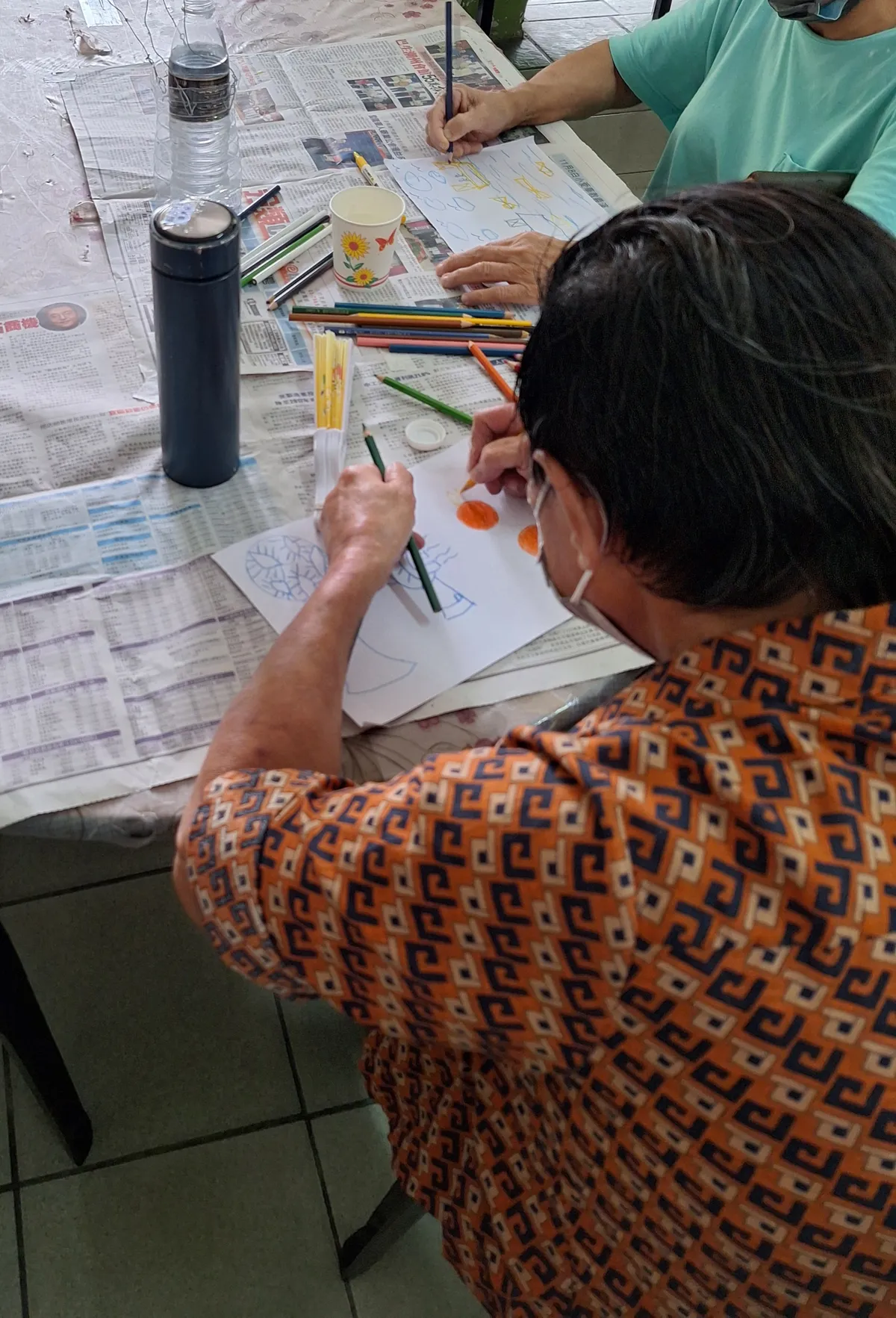Folks
Today, we visited an old folks home as part of an assignment for my Aging elective. It's a 3rd-year elective where we study psychological theories related to the ageing community, the challenges they face, and how we can support active and healthy ageing.
This specific home is one with limited funding located very close to the city centre. It definitely is somewhat run-down compared to the private homes some other course mates are working with, and I did find it a stark difference from all the tall sky-scrapers and lavish apartments that were close by.
Our plan was to do a simple 1-hour-long activity that included:
- Simple chair-based stretches
- A ball-relay game
- Arts session
I've been very anxious about this specific assignment as the home we reached out to had residents who mainly spoke either Mandarin or a dialect of it: Cantonese. Although I can speak the former, I have an incredibly limited vocabulary, and I have almost no knowledge of Cantonese.
The event went fairly well, all things considered, but I did feel a sense of sadness when the activities were conducted. We were not fully aware of the conditions of the residents, and some of them were not responsive to the activities or they aren't capable due to their physical and mental limitations.
Some of the residents were clearly hesitant in doing the activities, and even after some prompting from the person in charge, they weren't keen on participating either. I don't know what the circumstances of the residents are specifically, but we do know that they were all single women (widowed or never married). There was one resident who refused to draw and mentioned that we were wasting paper.
One of the residents called me and told me that she wasn't able to draw during the arts session because she wasn't able to hold the marker pens due to a surgery after a motorcycle accident. I didn't prod further, but I found myself stumped, as I didn't know what I could say that could make sure that I wasn't invalidating her experience. I ended up offering to draw her something instead, and after many questions (initially she told me to cincai draw - which means in Manglish dialect to just do whatever I see fit), we landed on her favourite dessert, red bean soup. I tried my best to draw something resembling it, and she seemed happy. Was this the best I could've done? I'm not sure.

I don't have much pictures that I can share but I do have this where the lady in orange drew Sunflowers (there were many plant drawings today) and a fan blowing in the middle. Didn't have the opportunity to ask why, but I suspect it was due to the horrible heatwave (35 Celcius) that's been around the past week. The lady in light blue drew a cute picture of boats :)
The majority of the residents seemed to be having fun, but I couldn't help but just feel a bit melancholic after the visit. Perhaps it is the South East Asian sentiment that when one is placed in a home like this, it typically means that the individual doesn't have family that are capable or want to take care of them - that they might've been "abandoned" or forgotten. There is a strong culture of filial piety here so it is considered a taboo to really speak about homes.
This was my first time volunteering at an elderly care centre, and it's probably the most 'practical' assignment we've had this semester (we've worked with NGOs prior to this but never this closely).
I still can't help but feel throughout the entire event that we weren't sufficiently prepared with handling and communicating with the elderly, unfortunately.
There's not much of a direction with this entry, and it's mostly myself processing the day, but hopefully maybe it might've been an interesting one, at least!
If you've had experience working or volunteering with the ageing community, please let me know what kind of preparation or tips you might have. I would love to continue doing something similar, but don't feel sufficiently prepared at this point.